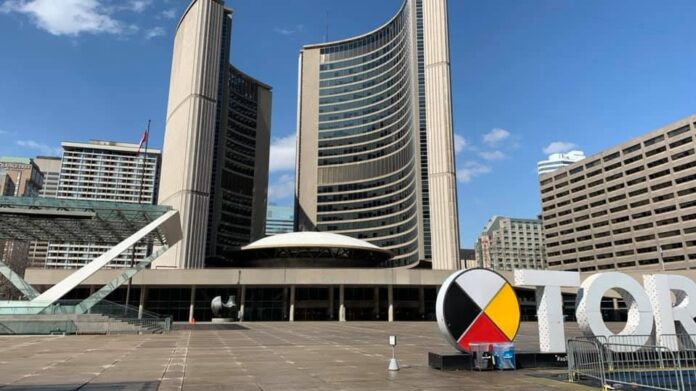
Toronto City Hall will soon revisit an old debate over new taxes and tolls in an effort to save the city from its systemic shortfall.
“We need to make big moves,” new Budget Chief Shelley Carroll told CTV Toronto Wednesday. “Because we have a big problem.”
City Manager Paul Johnson is expected to release a major report on the Toronto’s financial outlook Thursday, which will outline a menu of revenue tools councillors could endorse to bridge a billion-dollar budget gap.
“It’s a historic budget deficit, let’s not make any small bones about it,” Toronto Councillor Jamaal Myers said. “This will require an all-hands on-deck approach.”
Mayor Olivia Chow has said she would support increasing the vacant home tax to three per cent, and would raise the municipal land transfer on homes valued at more than $3 million.
A commercial parking levy and a personal vehicle tax are among other options the manager is expected to present to council.
A municipal sales tax or municipal income tax would require provincial approval, as would any road tolls, though the province was quick to quash any hope of the latter Wednesday.
“Our government will not be imposing any new tolls on any roads in Ontario,” a spokesperson for Transportation Minister Caroline Mulroney told CTV Toronto in a statement.
“I think the federal and provincial governments are probably going to be faced with a very serious question,” said Councillor Gord Perks. “Do you just keep finding pots of money to bail us out for each emerging problem? Or do you put us on a sound financial footing?”
Ernst and Young, which provided a third-party analysis of the city’s finances in March, pegged the 10-year fiscal pressure the city is facing at $46.5 billion — driven by a rise in the unfunded capital program and increases in operating spending and debt financing.
“Without meaningful action […] the future of Toronto as a great place to live, visit, and do business could be at risk,” the report stated.
“We need a new deal, and that’s the bottom line,” Councillor Jon Burnside said Wednesday. “My concern is when Toronto starts looking at new revenue tools, then all of a sudden we own the programs that we shouldn’t be paying for in the first place.”
Carroll, who helmed the budget committee under Mayor David Miller, acknowledges that Toronto’s fiscal reality is as difficult as it’s ever been.
“We need to look at the things that really make sense, so they actually improve our relationship with other orders of government,” she said.
The Ernst and Young report warned that without a financial fix, the city’s service levels and capital assets could deteriorate, jeopardizing Toronto’s status as a world-class city.
